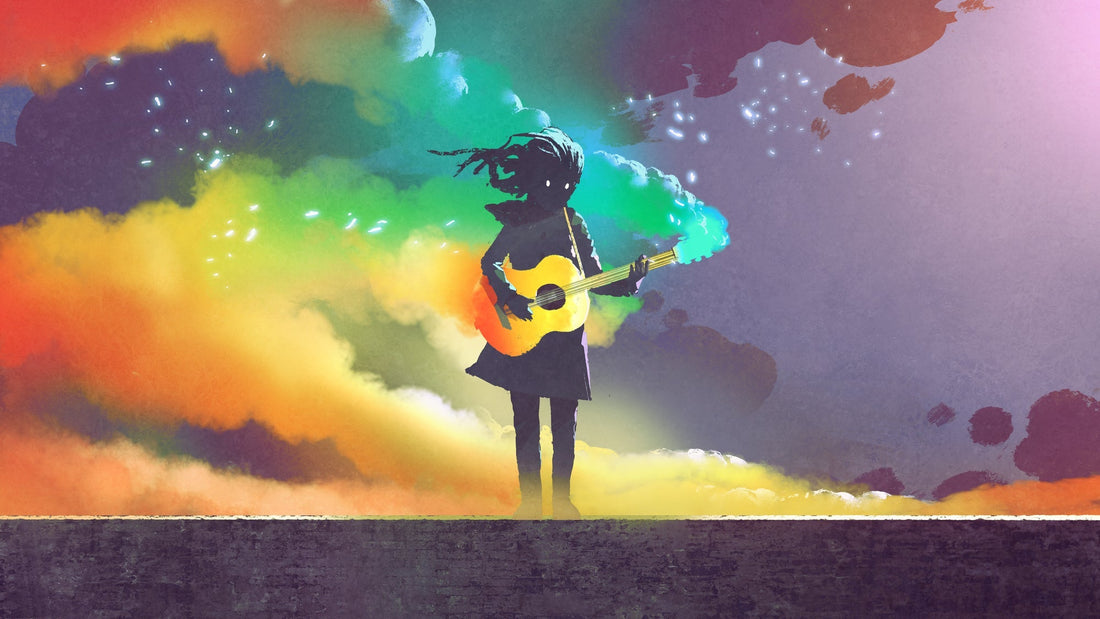
How to celebrate in your fictional world: Holidays and customs to make your world more real
Put on your finest dragon cloak and brush up on your dance for the solar festival. Today we’re talking about the holidays and customs that make up the calendar of your world.
Think about the traditions of your fictional world—and the orbit of its planet. How long are the years? How do your people celebrate the new year? Do they celebrate it at all?
Even on Earth, different cultures start the year at different times and with different ceremonies.
Consider how the orbit of your fictional planet, nature, and even magic or technology might affect how the characters measure time and what holidays they celebrate.
You can base your holidays on something that’s already known to your reader. In Battlestar Galactica, there’s Eros Day, which is similar to Valentine’s Day. Give your readers something familiar and then surprise them with how it plays out. You can go as similar as Not Christmas, like Hogswatch Night in the Discworld, or you can completely subvert expectations. Think of what “Mother’s Day” is in Futurama.
Holidays can serve as markers for timekeeping in your fictional world. If you lock down when your fictional culture celebrates the new year, you can use that as a reference for where your characters are in time. Maybe you want to set an important scene at a New Year’s party when all your characters are together. A holiday celebration can serve as a checkpoint—if not a full plot point—in your long-running arc.
Similarly, if you’re writing something episodic, you can have a mini-arc centered around a holiday and characters’ engagement with it. You can build it into your story in a way that fits both the setting and the characters. For example, there’s the Tornado Days of Eerie Indiana. When the MC, Marshall, a newcomer to the town, refuses to attend Tornado Days celebrations, the tornado in question takes personal offence. Hijinks ensue. In this case, the holiday is not only built into the world, but the character’s discovery of it makes for that episode’s story.
This works perfectly for a show like Eerie Indiana, which is basically X-files for kids, wherein the MC is exploring the weirdness of their new surroundings. But what if your MC has lived in that world all along?
This “explore the origins of a holiday” plot was also written beautifully in The Bells of Fraggle Rock. Gobo has lived through the Festival of the Bells so many times he’s gotten bored of it and sets off on a journey to question this tradition. Yes, the episode of Fraggle Rock deals with yet another fictional Not Christmas, but with Jim Henson at the helm, it’s done in a unique and heartwarming way.
If you need some inspiration as to why characters celebrate a holiday, having someone question its origins can lead on an inspiring journey and maybe even offer up some character growth that integrates with the worldbuilding.
When it comes to worldbuilding, Scribe Forge recommends looking into real holidays and why they exist. Does your world have nature celebrations, such as harvest festivals or spring festivals to signify the return of milder weather? Think about how the cultures in your stories engage with nature (if they do at all) and what times of year are worth commemorating.
This might not apply at all if your book takes place in the depths of outer space, or it might be essential if your characters are farmers or hunter-gatherers. Do certain types of magic in your world depend on the seasons or the lunar cycle? Consider that.
Real life holidays are also often anniversaries of something: victory in battle, the birthday of their country, a celebration of liberty, etc. In the history of your fictional world, what events would your characters’ cultures consider worth marking? Remember, there are somber memorials as well as happy celebrations. Fictional worlds have successfully incorporated these into their calendars; everything from First Contact Day in Star Trek to The Glorious 25th of May (a.k.a. Wear The Lilac Day) in the Discworld.
When we suggest taking inspiration from reality, we’re talking about making sure your own ideas are grounded in something solid. Look at why people celebrate the holidays they do. Be careful to not fetishize cultures or cartoonify them. Once you’ve got a rough idea of the holidays and traditions in your fictional world, make sure you didn’t just do the old yoink-n-parody of an actual culture. May your pen be a tool to bring people together, not doodle silly mustaches on real life minority groups.
Do you really need to know about your world’s timekeeping and seasonal traditions before writing your novel?
It depends. If time or rituals are crucial to your character development or plot, then you need to understand them. If it’s not key to your plot, you can use timekeeping and traditions to add to the fabric of the world, making it feel more real and different from our everyday lives. But everything you add to the worldbuilding and story will achieve that as well, so this particular element isn’t required.
If it adds to your story or worldbuilding, use it! If it’s a distraction from the plot and aspects of the world that matters, skip it.
So go forth and craft a series of holidays that are relevant to your world and become your characters’ time-honored traditions.